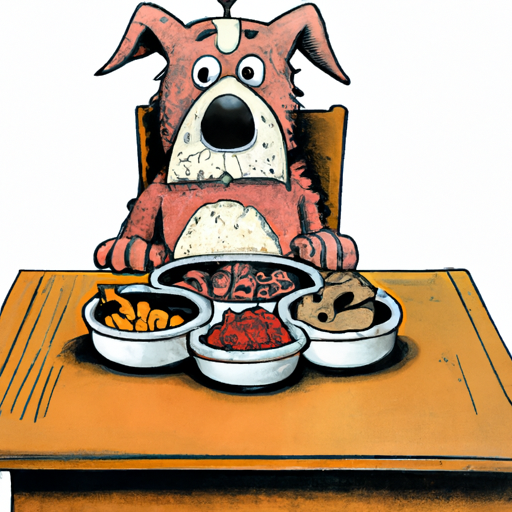It’s a question that has likely crossed the mind of every dog owner at one point or another: what animals do dogs eat? The answer might surprise you. Dogs, while they are domesticated, still possess many of their ancestral behaviors, including their diet. This article will delve into the details of what animals dogs are known to eat, why they eat them, and how this impacts their nutrition and behavior.
Table of Contents
- The Carnivorous Nature of Dogs
- Common Animals Dogs Eat
- Dogs and Hunting Instincts
- Health Implications of Animal Consumption
- Frequently Asked Questions
Key Takeaways
- Dogs are carnivores by nature, but have evolved to be omnivores.
- Common animals dogs eat include rodents, birds, and insects.
- Hunting instincts are still present in dogs, influencing their dietary choices.
- Consuming certain animals can have health implications for dogs.
The Carnivorous Nature of Dogs
While dogs are often classified as carnivores, they are actually omnivores, capable of eating a wide variety of foods. This is a result of thousands of years of domestication and adaptation to a cohabitating lifestyle with humans. However, the carnivorous instinct still remains strong in many dogs, leading them to consume other animals when given the opportunity.
Understanding the dietary habits of dogs requires a deeper look into their evolutionary history and biological makeup. Dogs descended from wolves, which are carnivorous predators. This shared lineage can explain why dogs might be inclined to eat other animals.
Common Animals Dogs Eat
When it comes to the question, “what animals do dogs eat,” the answer can vary widely based on the dog’s environment, breed, and individual behavior. However, some of the most commonly consumed animals include:
- Rodents: Mice, rats, and even squirrels can fall prey to a dog’s hunting instincts.
- Birds: Some dogs will chase and catch birds, especially smaller species.
- Insects: Dogs are known to eat various insects, including flies, beetles, and even spiders.
- Reptiles: While less common, dogs might consume reptiles like lizards or snakes.
It’s worth noting that domesticated dogs typically have their nutritional needs met through their regular diet of dog food, and their consumption of these animals is often more about instinct than nutrition.
For a deeper understanding of dogs’ hunting instincts, you might find this article from OneTopDog helpful.
Dogs and Hunting Instincts
Despite thousands of years of domestication, many breeds still retain a strong hunting instinct. This instinct has been honed over centuries for survival, and while most dogs no longer need to hunt to survive, the instinct remains.
The hunting instinct in dogs can be triggered by movement, sounds, or scents. When a dog sees a small animal scurrying by, hears the flutter of wings, or catches an enticing scent, it might tap into these deeply ingrained instincts.
To learn more about the hunting instincts of dogs, check out this article on OneTopDog.
Health Implications of Animal Consumption
While it’s natural for dogs to consume other animals, it can sometimes lead to health issues. For example, consuming rodents can expose dogs to various parasites and diseases, such as Leptospirosis or Toxoplasmosis.
Additionally, eating birds or reptiles can also pose a risk, as these animals might carry diseases or parasites. It’s also possible for dogs to choke on the bones of the animals they consume.
For a more detailed look at the potential health risks, refer to this article from OneTopDog.
Frequently Asked Questions
1. What animals do dogs eat in the wild?
In the wild, dogs would eat whatever they could catch. This might include rodents, birds, insects, and reptiles.
2. Should I let my dog eat other animals?
While it’s natural for dogs to want to eat other animals, it can pose health risks. It’s generally recommended to prevent your dog from eating other animals if possible.
3. What if my dog has eaten another animal?
If your dog has eaten another animal, monitor them for any signs of illness. If your dog becomes sick, seek veterinary care immediately.
In conclusion, dogs might eat other animals due to their carnivorous nature and hunting instincts. While this behavior is natural, it’s important to understand the potential risks and take steps to ensure your dog’s health and safety.



